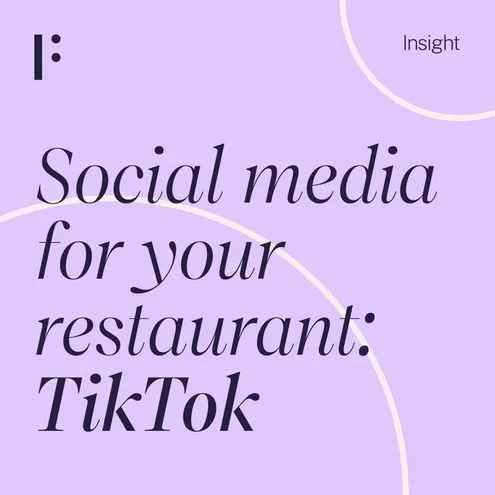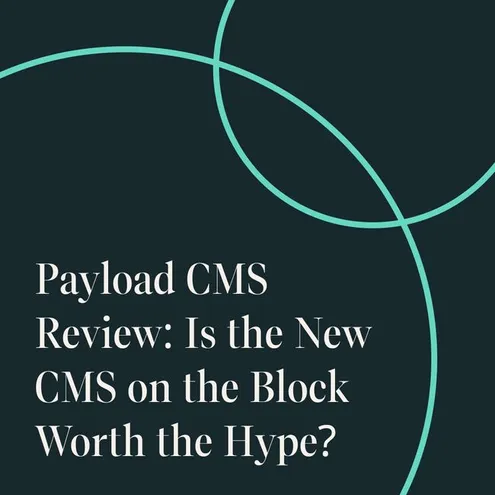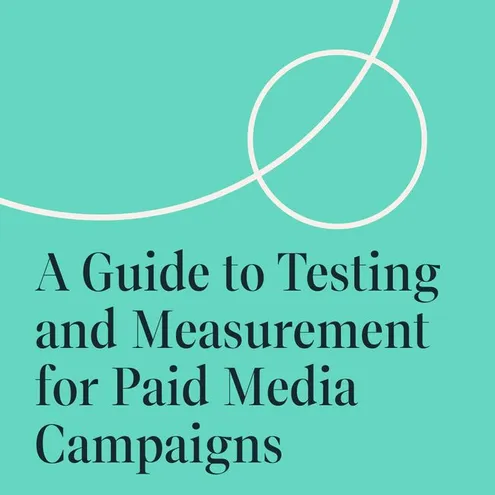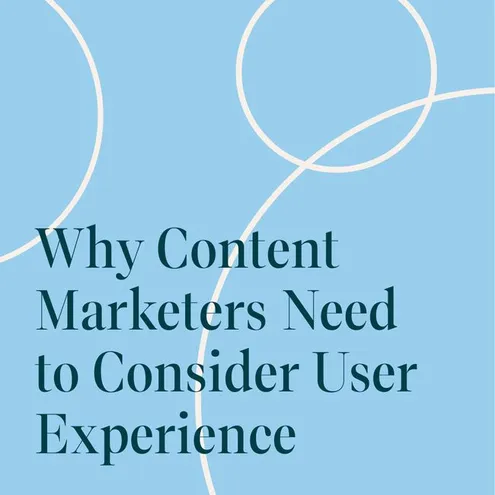14/11/21
SEO
Everyone has a website.
In today’s digital age, having a presence online is no longer a point of differentiation, especially for hotels, hospitality and wedding venues.
Guests expect to be able to search quickly and effectively for their hotel or restaurant and find a beautiful website that explains any offers and unique features of the brand. The best place to hide is on page 2 of Google.
SEO is critical for hotels to improve the relevance and visibility of their website and engage with guests. By implementing SEO strategies, hospitality venues can increase the traffic to their website and convert visitors into guests.
In this guide, we will break down the key components of SEO and provide you with the strategies you need to optimise your website and attract visitors. We will be visiting:
1. What is SEO Exactly?
2. Why is SEO Important for Hotels?
3. Your Keyword Strategy
4. Content Creation and User Experience
5. Hub and Spoke Approach for SEO
6. Core Web Vitals
7. Page Titles, Meta Descriptions & URLS
8. Structured Data
9. Off-Page SEO
10. Local SEO for Hotels
11. SEO Measurement
12. Quick Tip - Providing Local Tourist Information
13. SEO Strategy Checklist
What is Hotel SEO?
Search Engine Optimisation (SEO) is a series of strategies your hotel or restaurant can implement to improve the ranking of their website in relevant searches. A company with great SEO will have their website appear as a top result (SERP) when a search is made related to their business or industry.
There are many different strategies that fall under the umbrella of SEO, and many different opportunities for brands to optimise the visibility of their site. Some of these strategies include, keywords, content creation, user experience and page speed.
Why is SEO Important for Hotels?
Guests are not spending endless hours browsing search engines for possible hotels to stay at. If your website appears on the first page of a search engine query you are more likely to attract potential guests to your site and entice them into staying with you.
Studies have shown that 33% of people click on the top Google result when they search for something. Similarly, 92% of people click on one of the first page results, with only 5% of people clicking through to the second page of a search engine.
To improve visibility, drive traffic to your website, and increase relevance, hotels need to be implementing SEO in their digital strategies. The hospitality industry is highly saturated, and guests do not often hold strong brand loyalty. As such, hotels need to find ways to entice guests to make a booking. The best way to do this, is usually through SEO.
On-site SEO
On-site SEO are strategies you can implement to improve and optimise your website to achieve high rankings on a search engine. The goal with on-site SEO is to develop your website in such a way that it is easy for both website visitors and the search engine to identify what your website is about and find relevant and informative information.
Some of the best ways to do achieve on-site SEO is to implement strong content creation, utilise your keywords, and improve your website’s load speed.
Content Creation
Content
Content is a critical part of your SEO strategy. Google in particular uses your content and the links between it to establish Expertise, Authority and Trustworthiness.
On your website’s homepage, it’s important to include content that contains many of the words you want your site to rank for, known as your Keywords. Specifically, the first 100 words on your page should contain your primary keywords
Beyond your home page, articles, blogs, and newsletters can be used to publish more content and increase the visibility and keyword usage of your site. Consider developing a strategy for brainstorming and sharing different forms of content to attract different audiences and provide potential guests with compelling information to book a stay with you.
Keywords
Keywords are a series of terms that guests typically use when searching for a website. For example, if I was looking for a hotel in London my search query would contain terms like:
- Hotels London, UK
- Affordable Hotels London
- Best Hotels London
- Top-Rated Hotels London
- Family-Friendly Hotels London
In integrating commonly used keywords into the content on your website, hotels can increase the likelihood of being at the top of a search engines results page. This is because search engines will prioritise websites based on how similar their content is to the content of a search query.
Primary Keywords
Primary keywords are the terms that you really want your website to rank for. These are the terms that anytime they are used in a search query, your website will be more likely to appear at the top of the list. Typically, your primary keywords will have a high search volume, meaning they are very commonly used by potential guests. By integrating primary keywords, you can drive a lot of traffic to your site and increase the visibility of your brand.
Secondary or Related Keywords
Secondary keywords will be slightly different than your primary keywords but should follow the same ideas and themes. Typically, secondary keywords are referred to as long-tail keywords because they don’t appear in searches as often as primary keywords, but in the long-term will generate significant traffic.
Finding your Keywords for SEO
It can be useful to type different terms into your search engine that are related to your industry and see which results appear. It’s a good idea to take note of which keywords your competitors appear to be using so that you can integrate similar keywords into your strategy and stay competitive. Take a note also of the 'People Also Ask' section of the search results and to include some of the answers into your site.
There are many different websites and online tools you can use to determine which keywords are most used by people trying to find a website like yours. Some of these websites include, Google Keyword Planner and SERanking where you can also find suggestions based on what your competitors are doing
Hub and Spoke Approach for SEO
The Hub and Spoke approach is when you organise the content of your website by topic. This allows you to clearly link high-level topics with different types of content so that your website is easy to understand and follow.
Hubs are website pages that focus on a broad topic. They may contain all articles related to travel guides or provide an overview of the different types of rooms available are your hotel.
Spokes are website pages that focus on a specific aspect of a topic. Following our example from above, a spoke could be information about specific 'whats-on' guides for your area. Essentially, spokes are a more detailed webpage that dive deeper into ideas mentioned on a hub.
Page Titles, Meta Descriptions & URLS
Page Titles, Meta Descriptions & URL are the three components of your website that will appear in the search engine results page. These components are the first three things a potential visitor will see about your website and brand, so it’s important to make a good first impression and sales pitch.
Page Title
The page title should tell your audience exactly what your website is about. It should outline what your service is, include some of your primary keywords and be no more than 60 characters long.
Meta Description
Appearing right underneath your page title, the meta description provides a potential visitor with slightly more context about your website and should summarise the content a visitor would find on your site.
URL
A URL is the address of your website and all the subsequent pages that live within your domain. To optimise SEO, all your URLS should be direct and easy to understand, include keywords, and utilise hyphens to separate words and increase readability.
Page Speed Insights
One new and potentially important ranking factor from Google is Page Speed Insights. This gives values as to how well Google thinks your page loads to create a great user experience and can be affect by a number of factors. There are some very useful tools available though to help your web developers to understand how to improve things and with a bit of expert help your page can really fly.
Image and Video Optimisations
Every image on your website should contain alt text and your videos, a title. Alt text stands for alternate text and is the copy that will appear if an image is not loading and it is used by screen-readers for the visually impaired. Your alt text should be short and sweet, utilise keywords, and describe what the missing image is.
Including alt text is important for SEO as it provides more context to search engines so they can categorise and index your images properly. Similarly, adding alt text to your images will help ensure that your images appears in any image search queries made by potential guests.
Structured Data
Structured data is a SEO strategy that makes your website easier to read and understand for search engines. Search engines use a vocabulary called Schema.org, which essentially changes your website content into code so that can be easily read.
If your website is easy to understand by search engines, you are more likely to receive a higher ranking and have your website appear in relevant search queries.
Off-Page SEO
Off-page SEO refers to strategies beyond your website that you can implement to improve your search engine ranking. The main goal of off-page SEO is to improve the perceived relevance, authority, trustworthiness, and uniqueness of your brand. This is most often achieved when a third-party source (a person, other website, or forum) links to or promotes your website.
Do not underestimate the importance of great link building. Start with the low hanging fruit of business listings and other sites you own, but then as a top tip, use your competitors! It is straightforward to see where they are getting link from and good number of them would be available to you as well.
Local SEO for Hotels
One great way to appear at the very top of the page of search results is by using Local Search techniques to be included in the map pack. This is a slightly different process to the SEO described above, but they share similarities. Our top three tips:
- Make sure you have a well crafted Google My Business (GMB) listing
- Get great links back from local businesses
- Get lots of quality reviews on your GMB listing!
There are some great tools such as Bright Local which can help to get you started on your local SEO.
SEO Measurement
Spending time implementing SEO strategies is only effective if you measure how successful these strategies are at delivering a specific result and adjusting when you need to. When building out your digital and SEO strategy it’s good practice to align these strategies with specific business goals. This could be anything from increasing the number of website bookings to increasing the visibility of your blog content.
Whatever your goals may be, set benchmarks and KPIs to track how success you SEO strategy is in achieving your broader goals. Some ways you can measure the success of your SEO strategy includes:
- Measuring your page visits
- Measuring the amount of time visitors typically spend on each website page
- Measuring your website’s bounce rate (the number of people who visit your site and leave without browsing further)
- Measuring conversion rate (how many visitors come to your website and proceed to book a stay at your hotel)
Quick Tip Providing Local Tourist Information
A great way to improve SEO and support your content strategy, is by writing blogs, articles, or newsletters on local tourist information. This can include city guides, activity recommendations, or just general information that would be good for a tourist to know.
Not only will developing this type of content help improve your keyword usage and overall SEO, but it will elevate your customer experience by providing potential guests with information that will improve their stay at your hotel!
SEO Strategy Checklist
For hotels and restaurants looking to start optimising their SEO strategy, here is a quick checklist to help guide and support your strategy implementation:
- Set specific goals for your digital & SEO strategy
- Create KPIs for your SEO implementation that align with your broader digital goals
- Determine who your target audience is and what keywords they typically use when searching for hotels
- Use different online tools to identify your primary and secondary keywords
- Review your website to ensure it is organised for optimal user experience
- Update the content on your website home page to include your different keywords
- Develop a content strategy using the Hub & Spoke method and begin publishing relevant content for your target audience that incorporates your keywords
- Update and improve your website’s load speed
- Add alt text to all images that appear on your website
- Optimise your Page Titles, Meta Descriptions and URLS to include keywords
- Incorporate structured data onto your website using Schema.org code
- Implement local SEO strategies
- Measure and review the progress of your SEO KPIs and how you are tracking towards your broader business goals
Investing in developing and implementing an SEO strategy is valuable for any hotel company. Whether you are looking to maintain your current stream of customers or achieve growth in new markets, SEO is an easy and affordable way to get you where you want to be.
Start today and get your website to the top of the results page!









